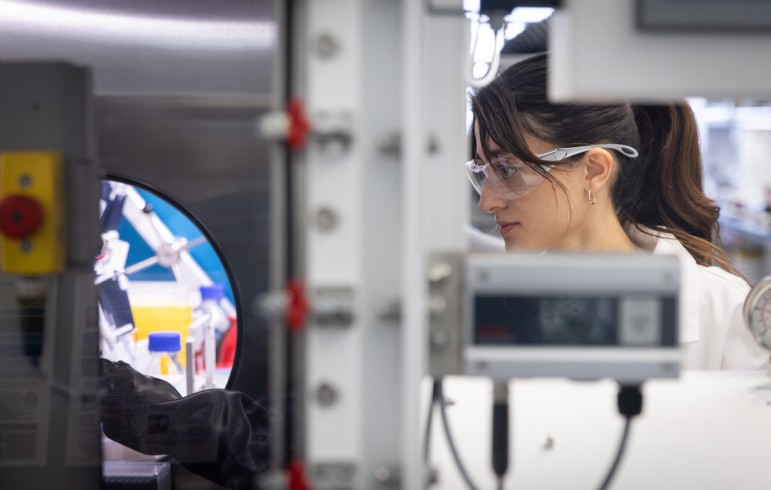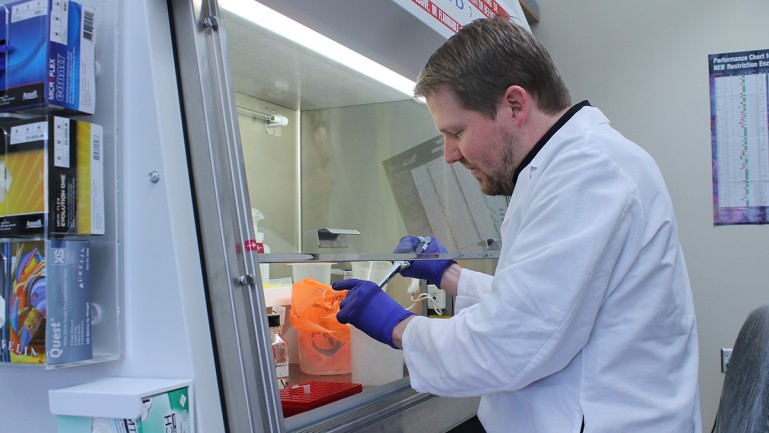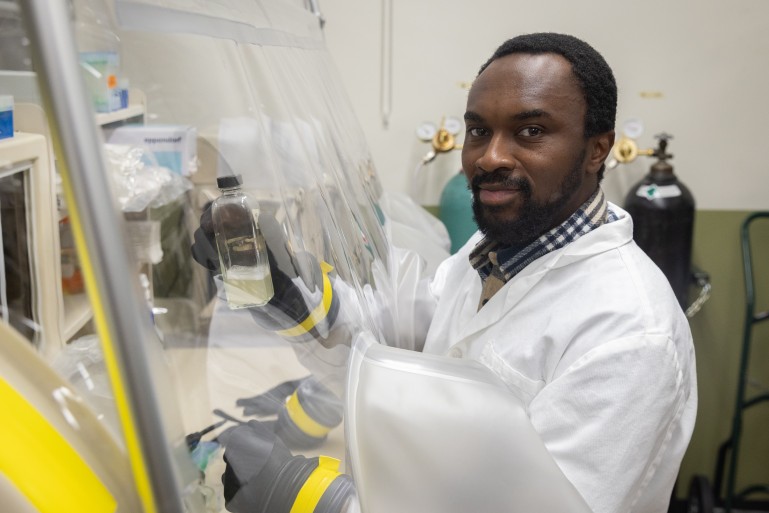We are not alone. Each of us carries a wide array of microbial species that outnumber our cells tenfold. Recent studies have shown that the complement of microorganisms, the microbiome, is an important determinant of human health and disease.
The U.S. Department of Energy has awarded approximately $1 million over 2.5 years to a university-industry team of researchers that includes Electrical and Computer Engineering Assistant Professor Dan Ludois.
Several University of Wisconsin-Madison engineers are among leading researchers around the country who will participate in the newly created Reducing Embodied-Energy and Decreasing Emissions (REMADE) Institute.
Four researchers from UW–Madison and the Wisconsin Energy Institute (WEI) were recently named to a 2016 list of “Highly Cited Researchers” in the natural and social sciences.
SHINE Medical Technologies, Inc. of Janesville has been awarded $10 million from the U.S. Department of Energy to advance production of an isotope used in cancer and heart diagnosis.
During the kraft process used to convert wood into wood pulp, the structural material lignin is partially converted into molecules like stilbene. Stilbenes are also naturally occurring in plants and some bacteria, and may play a role in plant pathogen resistance.
An international team of researchers has created a nanoceramic material that not only can withstand the harsh effects of radiation, but also becomes tougher under radiation.



